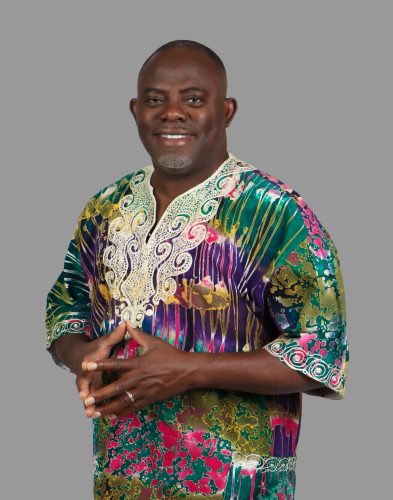Jamaicans Urged to Appreciate and Learn from Rich History
By: , August 2, 2022The Full Story
“A people without knowledge of their past history, origin and culture is like a tree without roots.”
These are the words of Jamaica’s first national hero, the Rt. Excellent Marcus Mosiah Garvey.
They are words that resonate with University of the West Indies (UWI) lecturer, Dr. Dave Gosse, who is highlighting the need for greater knowledge and appreciation of the country’s rich history among citizens, particularly the youth.
This is particularly important as Jamaica marks 188 years since Emancipation and 60 years of Independence this year.
Dr. Gosse believes that such knowledge will help to build persons’ self-worth and address social ills, including crime and violence.
“I am convinced that the level of violence we have in our society comes partially from persons not valuing themselves, their history and their culture,” he tells JIS News.
Dr. Gosse, who is a Senior Lecturer and Director of the Caribbean Studies Department at UWI, says that the value in teaching students about their history is not only about educating them about their past but also helping to shape their sense of self and identity.
He notes that for many persons “history is something that is rather negative [and] we can, through education, try to climb that barrier”.
He is, therefore, recommending that while the education system is being advanced and improved, consideration be given to how history is taught.
“Students’ first introduction to Africa basically comes through the slave trade. They need to do topics about precolonial African societies and civilisations before the slave trade, so that they can understand the great kingdom we had and about civilisations in Africa [before colonisation],” he says.
In doing so, Dr. Gosse argues that they will “grow up believing in themselves and [accept] how they look. They’ll [know that they] are divinely made by God [with] a culture that is incomparable to any other in the world”.

Sociologist, Professor Orlando Patterson, for his part, says that “the nation’s great achievements and resilience to overcome one of the worst treatments in slavery, must be emphasised and praised”.
He notes that Jamaicans have emerged from a traumatic past to record outstanding achievements, particularly in sports and the arts, commanding respect for the country on the world stage.
This, he notes, is despite the country’s small size and is something for which all citizens can be proud.
“It is important to teach it and research it,” he says, noting that this aspect of the history should not be “underplayed”.
Professor Patterson, who is Chairman of the Jamaica Education Transformation Commission (JETC), says that during his youth, focus was placed on the teaching of European history in schools.
“You heard about Emancipation, but no one wanted to talk much about slavery, but I became very interested,” he says.
This led him to do research on West Indian history and to learn more about the origins of Africans and the indigenous people of Jamaica.
Professor Patterson insists that children should learn about the original history of the country, inclusive of West Indian history during precolonial rule.
“I personally wrote and emphasised in the introduction [of the JETC report], that when we talk about Science, Technology, Engineering, Arts and Mathematics (STEAM), the Arts should also stand for Annals of History to a considerable degree,” he says.
“Learning history has implications way beyond just learning the facts of the past. It helps you to think about your past, and in the case of Jamaica… we have a culture that is drenched in our history,” he points out.
“Our past contributes to the tradition of violence we live in [and] influences the way we bring up our kids,” he points out, contending that it is in knowing the history of Jamaica that behaviour patterns and social issues can be better understood and addressed.
Executive Director of the Institute of Jamaica (IOJ), Dr. Vivian Crawford, says that history and culture should not be something someone “picks off a shelf” when needed but should be a way of life.
“It is your interaction with the children, where you are sharing the heritage. It is our way of life, and so in interacting with them, the culture comes off,” he points out.
Such engagement, he contends, will create better social cohesion, despite the mental impact of slavery.


